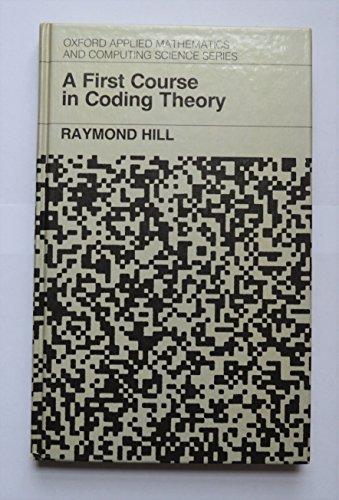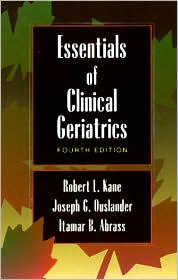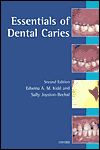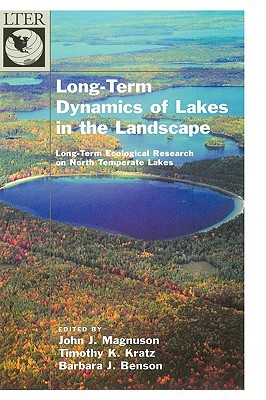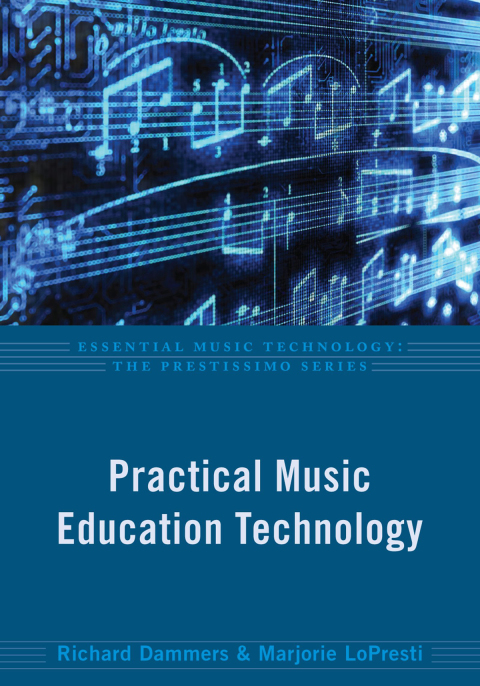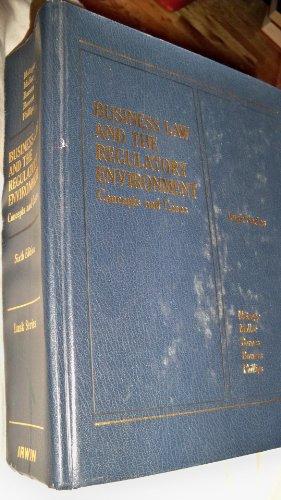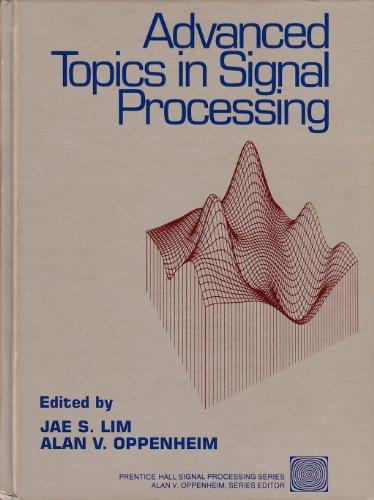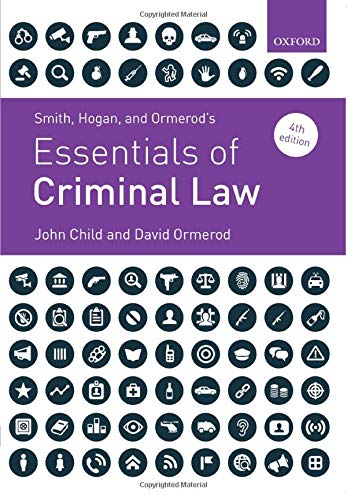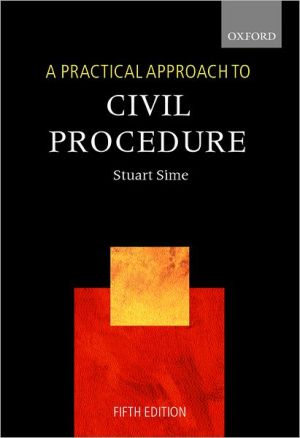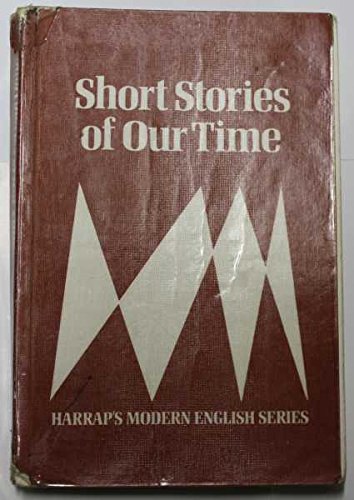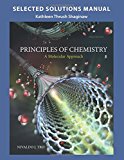Essential Molecular Biology: A Practical Approach Volume Ii (practical Approach Series)
Brown, T. A. (terence A.)
Practical information for working researchers in the life sciences interested in learning the basic principles of gene cloning and recombinant DNA techniques. The contributors provide the background material novices need to understand how a technique works, what it achieves, and how to make modifications to suit their own requirements, as well as advice on more advanced techniques. Vol. 2 describes procedures for isolating and studying individual genes, preparation and screening of libraries, polymerase chain reactions, DNA sequencing, and studying gene expression. The latest edition reflects the dramatic expansion in the range and sophistication of molecular biology techniques. Annotation c. Book News, Inc., Portland, OR (booknews.com)
Doody Review Services
Reviewer:Eugene A Davidson, PhD(Georgetown University School of Medicine)
Description:This is the second volume of a set providing protocols for common techniques in molecular biology. The first edition was published in 1990 and an update is clearly appropriate.
Purpose:The aim of this volume is to provide simple to follow protocols for investigators with little or no experience in this area. A number of similar volumes/manuals are available. This is a worthwhile objective since most laboratories carrying out modern research in biology will utilize many of these procedures. However, there are a number of shortcomings which limit the utility of this book.
Audience:The protocols are such that they will be accessible to beginning graduate students or inexperienced investigators. In this regard, the author has developed an appropriate approach. The author is competent in the area but not widely known.
Features:This volume contains protocols for many of the common techniques of molecular biology. Included are methods for preparation of cDNA and genomic libraries, DNA labeling and sequencing, protein expression, and use of the polymerase chain reaction. In general, the protocols are clear and provide step-by-step directions that can be readily followed by beginning investigators. In most cases, pitfalls are noted. There are several appendixes that contain useful data sets such as a list of restriction enzymes, basic equipment needed for execution of the protocols, important E. coli strains and general instructions for medium preparation. This edition is dated 2001 and as such may seem dated in some areas. Thus, most laboratories rely on automated sequencing of DNA (not adequately discussed), have moved more to non-radioactive methods for labeling (mentioned briefly) and seek alternatives to PCR for gene amplification (use of the phi29 polymerase). In addition, most of the chapters would profit from diagrammatic material summarizing the strategy of the described methods. This book will be useful to students with no prior experience, but of very limited value to laboratories where these methods are routinely in use.
Assessment:This is a somewhat dated and limited book. What is described is suitable and accurate but newer (and better) methods get little attention. There are a number of molecular biology manuals in use -- this one does not add much. Given the rapid advances in this area, a second edition was essential.
| Name in long format: | Essential Molecular Biology: A Practical Approach Volume Ii (practical Approach Series) |
|---|---|
| ISBN-10: | 0199636451 |
| ISBN-13: | 9780199636457 |
| Book pages: | 312 |
| Book language: | en |
| Edition: | 2 |
| Binding: | Hardcover |
| Publisher: | Oxford University Press |



